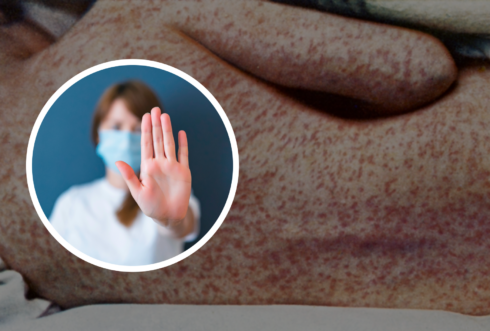MALAGA’S scorching sun is taking a toll on its population’s health, leading to 6000 skin cancer diagnoses annually.
Melanoma, the most aggressive type of skin cancer, affects 10% of all cases but is a highly preventable illness.
Skin cancer is a malignant disease, caused by uncontrolled division and growth of the cells that invade surrounding the patient’s healthy tissues and possibly even organs.
As climate change causes more sunny days, simple methods to lower the risk of developing the disease must be taken. These include avoid excessive exposure to the sun, and protect vulnerable areas such as the nose and ears with suncream.
Over 90% of skin cancer cases are linked to exposure from excessive ultraviolet (UV) radiation exposure, which regularly reaches levels of 10 during Malaga’s summer months.
After Murcia, Malaga province has the second highest mortality rate from melanoma. Avoiding the rays between 12pm – 5pm, wearing hats or sunglasses and applying suncream are key ways to protect yourself.
Between 2019-2023, the number of skin cancer cases in Spain increased by 40%, affecting an average of 47 people in every 100,000 nationwide. Alarmingly, the Hospital Regional in Malaga recorded more than 180 cases last year.
Immunotherapy is a new breakthrough treatment used to fight variations of skin cancer, where drugs are injected into the body to stimulate cells to attack the growing tumours.
Now, 50% of patients with advanced melanoma survive. Despite this new therapy, many doctors stress that prevention and early detection is vital to surviving skin cancer.
Checking your skin regularly and spotting any potential signs of skin cancer that lead to an early diagnosis can increase the chances of survival to nearly 100%.
Dermatologists recommend people follow the ABCDE rule when self-checking their skin for lesions.
A for asymmetry, B for abnormal borders, C for varied colours, D for diameter if the moles are over 6mm, and E for elevation or evolution, to check the growth over time.
Unchecked melanoma can be life-threatening without proper treatment, and can dramatically reduce the quality of life of patients and can have a negative impact on their psychological health.
The outlook for the disease is not promising, with cases expected to increase by 40% by 2040. However, melanoma diagnoses in Spain have already surged by more than 50% in the past decade.
Click here to read more Health News from The Olive Press.








